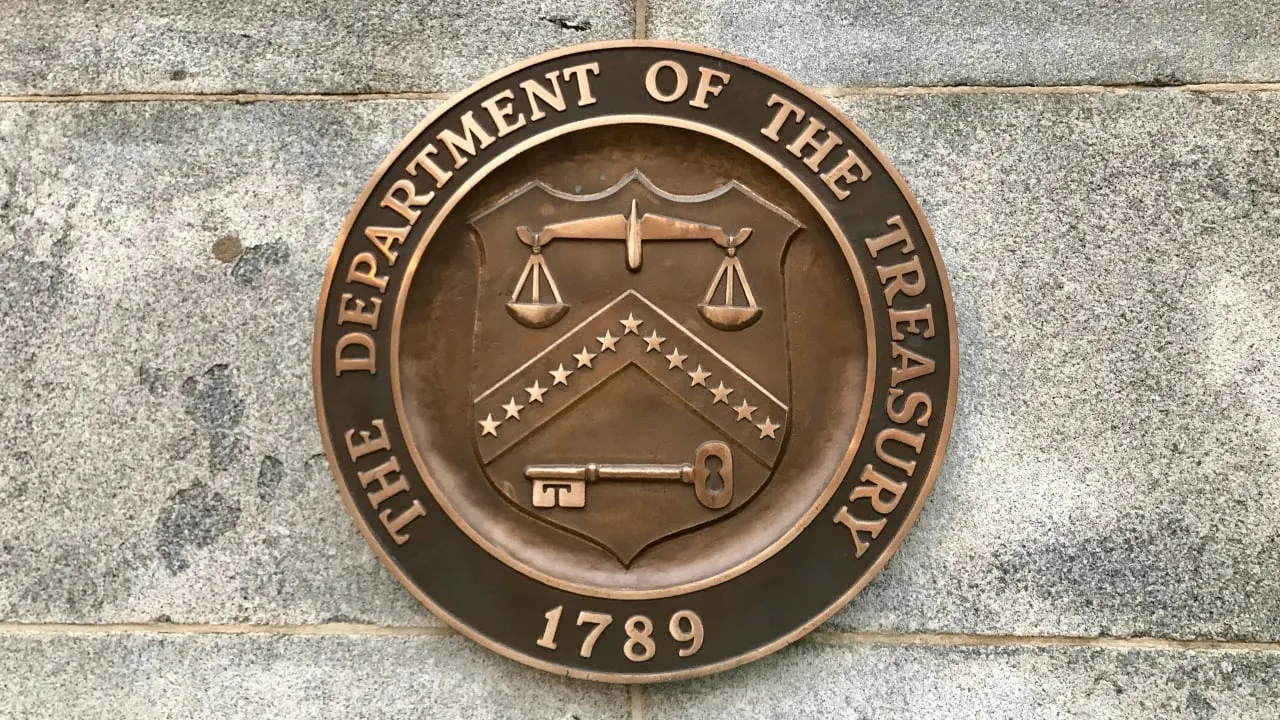Machine learning AI has helped the U.S. Department of the Treasury prevented and recover more than $4 billion in fraudulent or improper payments during 2024.
The sharp rise represents a six-fold increase from last year, when the Treasury detected and recovered $652.7 million.
The Treasury’s Office of Payment Integrity (OPI), part of the Bureau of the Fiscal Service, said in a report it’s been using “machine learning AI” to detect high-risk transactions and expedite the identification of check fraud.
“Treasury takes seriously our responsibility to serve as effective stewards of taxpayer money,” Deputy Secretary of the Treasury Wally Adeyemo said in a press release. “Helping ensure that agencies pay the right person, in the right amount, at the right time is central to our efforts.”
With online payment fraud expected to exceed $362 billion by 2028, Adeyemo said the Treasury would continue partnering with other federal agencies to provide the tools and data needed to combat fraud effectively.
According to the U.S. Treasury, AI models helped identify high-risk transactions, preventing $2.5 billion in fraud, while Treasury’s check fraud detection systems facilitated the recovery of $1 billion.
The press release states the Treasury also implemented efficiencies in its payment processing schedules, preventing $180 million in improper payments, and expanded risk-based screening methods that blocked $500 million in potential fraud.
ELNA.ai founder Arun PM told Decrypt, “AI systems, if not properly designed and maintained, are vulnerable to risks like overfitting, hallucinations, and flawed judgment, which could lead to harmful outcomes.”
“Fraud prevention is a global issue, and the impact of AI could be significantly amplified if its benefits were made more publicly accessible,” Arun said.
In May, the Treasury teamed up with the Department of Labor, enabling state unemployment agencies to access the Do Not Pay Working System via the Unemployment Insurance Integrity Data Hub.
Established under the Payment Integrity Information Act of 2019, the Do Not Pay Working System (DNP) is a centralized platform managed by the U.S. Treasury’s Bureau of the Fiscal Service, designed to prevent improper payments by streamlining data verification for federal agencies.
Through the DNP portal, agencies can access multiple databases to confirm recipient eligibility before sending funds. The agencies say it reduces the risk of errors, like duplicate payments or payments to ineligible vendors.
The Treasury’s AI push places it alongside other federal heavyweights tapping into the tech.
The IRS has been running machine learning models since last year to sniff out tax dodgers among the wealthy, while NOAA rolled out neural networks in 2024 to fine-tune hurricane predictions and deliver real-time alerts across multiple languages.
Edited by Stacy Elliott.

